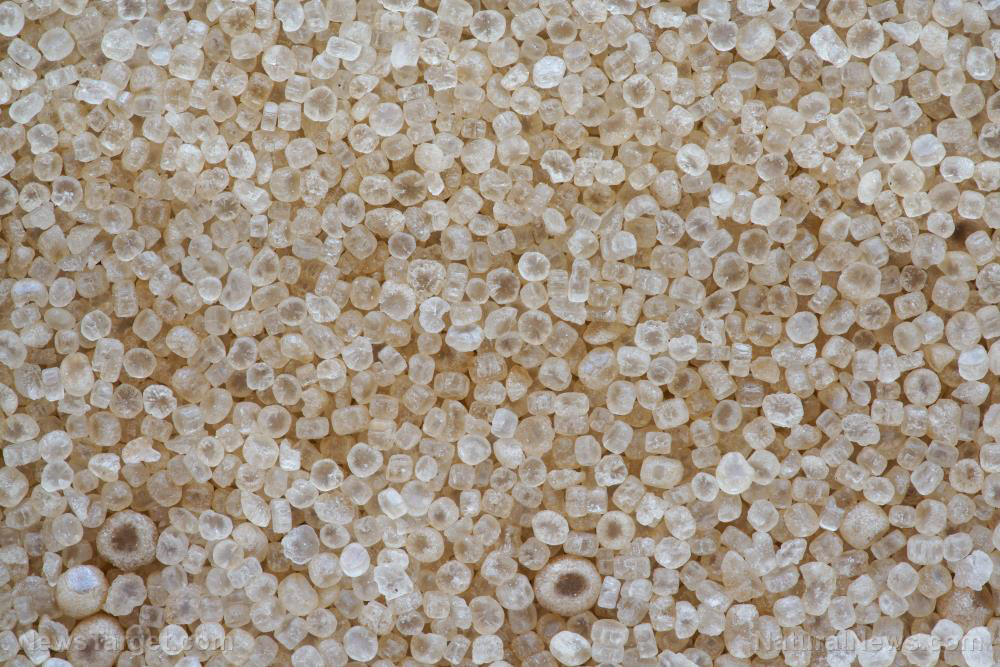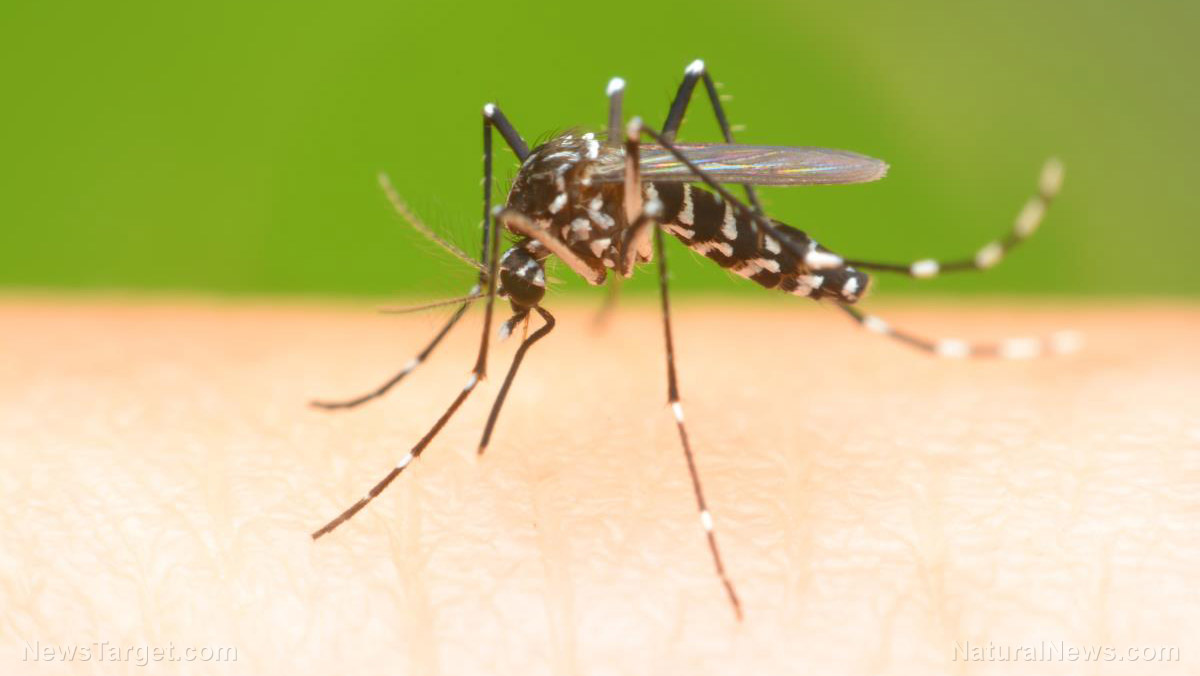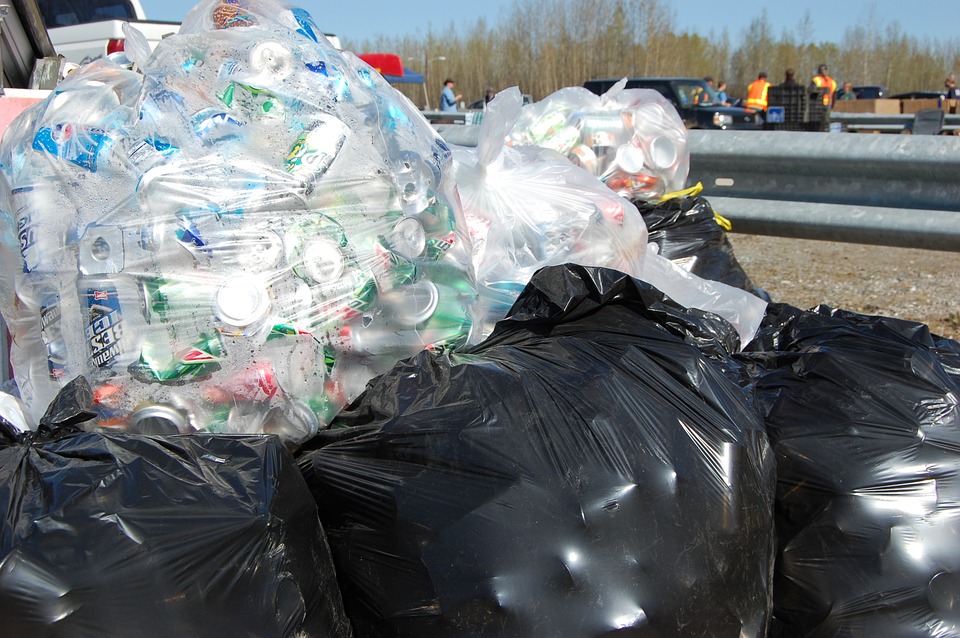
The mystery surrounding the mass fish kill in Central Europe's Oder River has deepened.
Polish Climate and Environment Minister Anna Moskwa said on Aug. 13 that while laboratory tests on samples collected from the river found high salinity levels, there were no signs of mercury poisoning. She added that tests on samples taken in the river's sections in Germany also showed the same results – high salt levels and minimal mercury.
The environment minister added that Poland's General Veterinary Inspectorate (GVI) examined seven fish species included in the die-off. While the GVI has excluded mercury as a potential reason, it is still waiting for results for other substances. According to Moskwa, comprehensive toxicology studies are still ongoing.
Steffi Lemke, Moskwa's German counterpart, declared the mass die-off of fish in the River as an "ecological disaster" during an Aug. 14 news conference. She also gave an update about lab tests on water samples from the river during the briefing.
"So far, at least 150 samples of water from the Oder River have been tested. None of the studies have confirmed the presence of toxic substances," the German environment minister attested. "At the same time, we are testing fish. No mercury or other heavy metals have been found in them."
Lemke added some Oder water samples were being sent to foreign laboratories to be tested for about 300 substances. (Related: Potomac River contains "astronomical levels" of forever chemicals, studies say.)
Przemyslaw Daca, the head of the Polish National Water Management Authority, said 10 tons of dead fish had been taken out of the river. Hundreds of volunteers, meanwhile, helped gather dead fish along the German side of the Oder River.
The Oder River flows from the Czech Republic to the border between Poland and Germany, before emptying into the Baltic Sea. While the tests did not show proof of contamination, some German media outlets implied that the river may have been poisoned with mercury.
Polish, German officials address Oder poisoning
Polish Prime Minister Mateusz Morawiecki claimed that "huge amounts of chemical waste were likely ditched intentionally into the country's second-longest river. This, he added, resulted in environmental damage that would take years to undo. Thus, Morawiecki promised to do "everything possible" to curb environmental destruction.
According to the Polish leader, some officials were "sluggish" in their response following initial reports of dead fish floating and being washed ashore. Two of these officials were subsequently sacked.
"For me, however, the most important thing is to deal with this ecological disaster as soon as possible because nature is our common heritage," Morawiecki stated.
To up the stakes, Polish Interior Minister Mariusz Kaminski announced a reward of one million Polish zlotys ($220,000) for anyone who helps locate those responsible for polluting the river.
Officials in various German states also denounced the fish kill.
Annekathrin Hoppe, the mayor of Schwedt town in Brandenburg state, dubbed the pollution of the river as "an environmental catastrophe of unprecedented scale" for the region. Brandenburg environment minister Alex Vogel stated: "The extent of the fish die-off is shocking. This is a blow to the Oder as a waterway of great ecological value, from which it will presumably not recover for a long time."
Meanwhile, officials in the German state of Mecklenburg-Western Pomerania warned people not to fish or use water from the Szczecin Lagoon, as the river's contaminated water was anticipated to reach the inlet area. Authorities also erected sea barriers, commonly used during oil spills, to stop the probable spread of fish carcasses to the lagoon.
Follow Pollution.news for more news on the environmental damage caused by water pollution.
Watch the video below to know why thousands of dead fish were found in the polluted Oder River.
This video is from the The Prisoner channel on Brighteon.com.
More related stories:
Hudson River polluted by 100,000 gallons of raw sewage, baby wipes float down the river.
Study: Almost every river in the world is now highly polluted with pharmaceuticals.
Sources include:
Please contact us for more information.





















